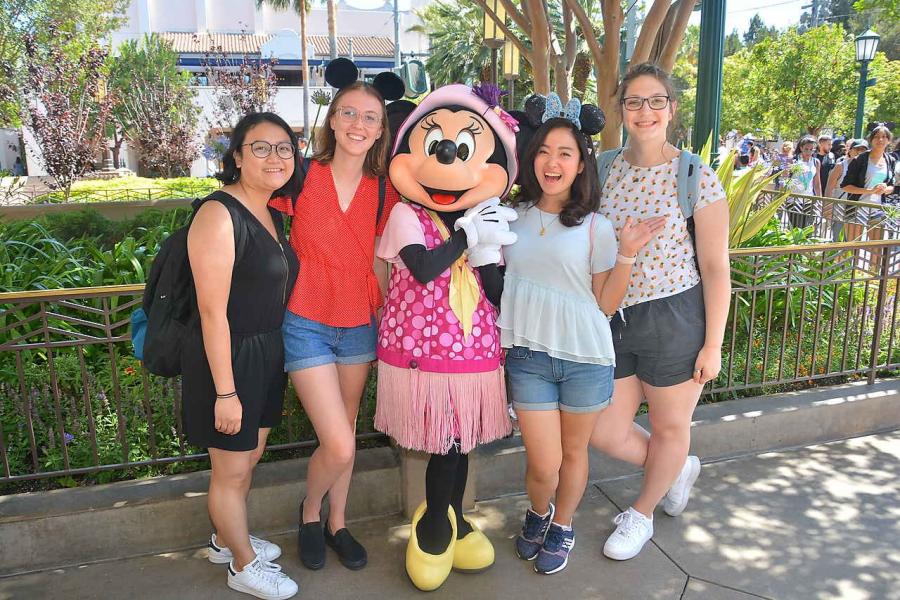The Co-op and Career Development Centre (CCDC) is a central resource that is designed to connect students to skills, resources, and employers. This dynamic centre provides a central place for students, employers, alumni, associations, and sponsors to grow valuable connections.



